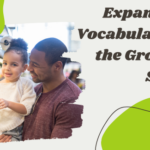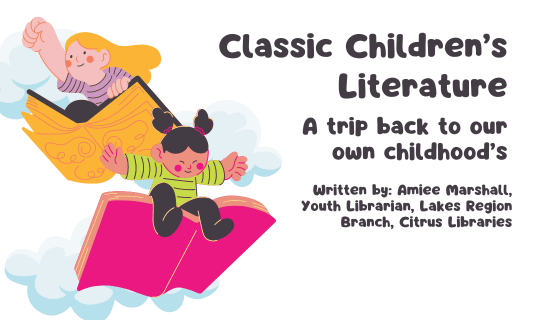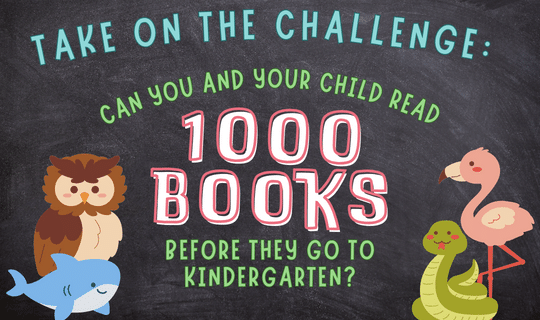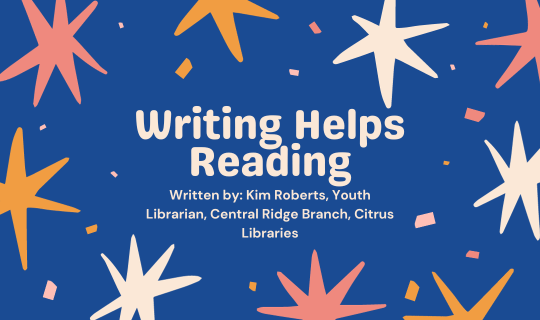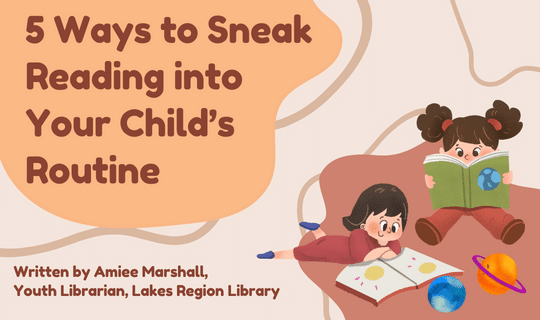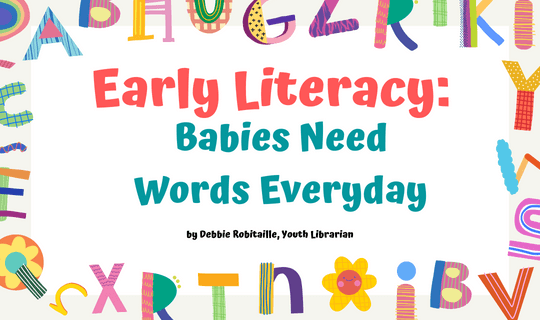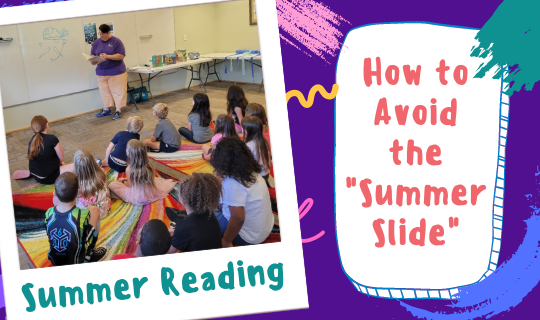The Importance of Story Time for Children
Reading stories to children introduces a wealth of ideas. Thoughts and emotions can be communicated in simple to understand concepts which provides amusement, fascination, and fun. Telling stories arouses a child’s imagination unlike any other medium.
Imagination encourages a child to develop their reasoning skills. Without using their imagination, a child is limited to an environment consisting of only what they can hear, see, and touch.
Story time gives a child a chance to explore a world where just about anything is possible.
Story time can help increase a child’s attention span. The length of the books can be shortened to the child’s ability to sit. With time, children can pay attention to stories for a longer period of time and the stories can get longer and more complicated.
Reading stories to children can improve their visual discrimination skills. As they look at the illustrations in a book, a child can learn to pay attention to the details in the pictures. Do the pictures provide clues to what is happening or going to happen in the story? As the child looks at the pictures and begins noticing details, they will be improving important visual discriminations skills. By looking at the illustrations in the stories, the child will be preparing to recognize number and letter formations.
Children can practice auditory processing in story time. Auditory processing is the ability to accurately process and understand spoken language. This skill is essential to be able to understand a teacher’s directions as well as communicate with friends. Discussions about the story can help the child understand that it is important to listen to the words and think about what the words mean.
Children can also learn print motivation, vocabulary, print awareness, narrative skill, phonological awareness, and letter knowledge at story time. Print motivation is interest in and enjoyment of books. Vocabulary is knowing the names of things. Print awareness is noticing print and knowing how to handle books. Narrative skill is the ability to describe things and tell stories. Phonological awareness is hearing the sounds that make up words. Letter knowledge is knowing that letters are different and have names.
Finally, story time can instill a love of books. When a child is read to, the child learns that reading is wonderful. They learn that reading is entertaining and informative. When the parents make reading stories a priority, the child learns that reading is important.







